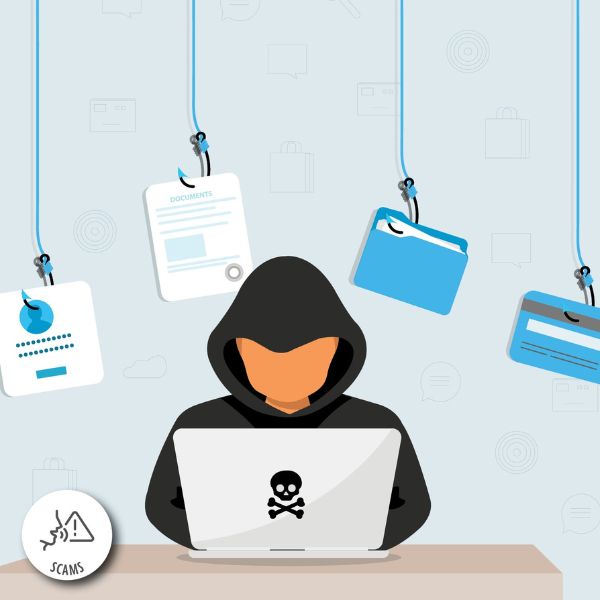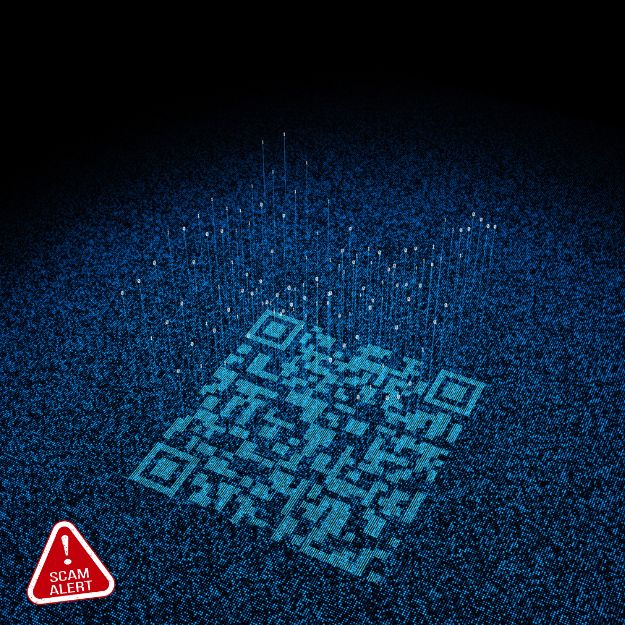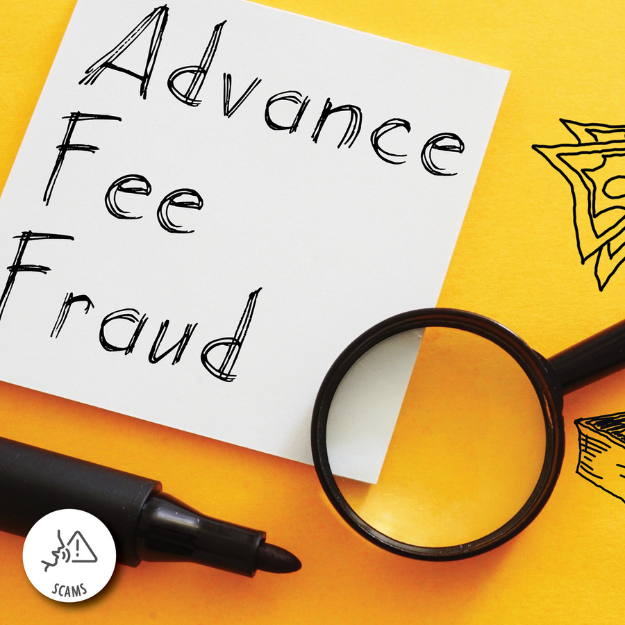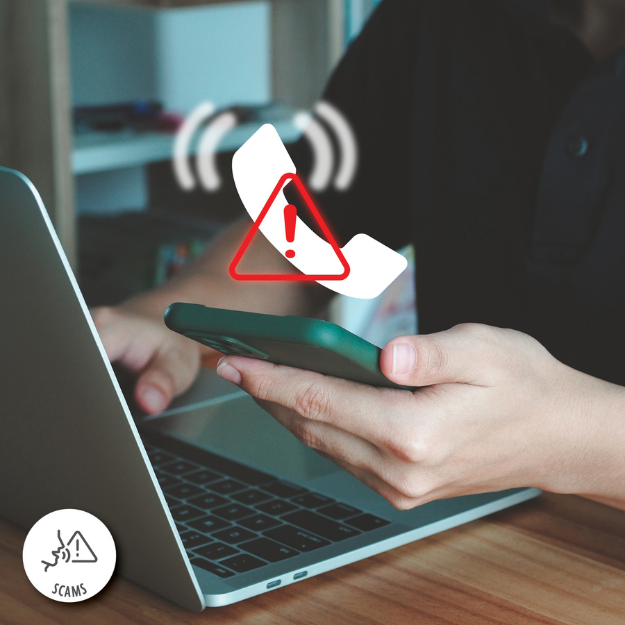Your Guide to Safe Online Shopping for Black Friday & Cyber Monday
Simple steps to avoid the scams you’re most likely to see this year.
Black Friday and Cyber Monday bring great deals, but they also bring a spike in online scams. Before you shop, here are the top holiday scams to watch out for and how to protect your information.
1. Fake Retail Websites
Scammers build look-alike sites that mimic popular stores. They use the same colors, similar logos, almost identical URLs.
How to stay safe:
- Look for https:// and the padlock icon
- Double-check the spelling of the URL
- When in doubt, type the retailer’s name into your browser yourself
2. Phishing Emails & “Exclusive Deal” Texts
You’ll see tons of promotions this time of year and scammers rely on that. Fake emails and texts may claim:
- “Your order couldn’t be delivered”
- “Your account has been locked”
- “Click here to claim your exclusive deal”
How to stay safe:
Don’t click links. Go directly to the retailer’s website or app to verify.
3. Fake Shipping Notifications
After making real purchases, members often fall for fake tracking updates. These messages link to malware or ask for personal information.
How to stay safe:
Track your packages only through official retailer websites.
4. Social Media Marketplace Scams
Posts offering hard-to-find gifts, game consoles, or “last minute deals” for unbelievably low prices are often scams.
Red flags:
- Seller wants payment through cash apps
- No reviews or very new account
- Price is dramatically lower than anywhere else
5. Gift Card Scams
Scammers will ask you to pay for items or fees using gift cards, or they sell discounted cards that don’t actually work.
How to stay safe:
Never use gift cards as payment and buy them only from trusted retailers in person.
Quick Safety Tips
- Use your credit union card for added fraud protection
- Enable account alerts in online or mobile banking
- Avoid shopping on public Wi-Fi
- Trust your gut! If a deal seems off, skip it
Shop Confidently This Holiday Season
With a few precautions, you can enjoy big savings without the stress of scams. If you notice unusual activity or suspect fraud, contact High Point FCU right away, we’re here to help.




















